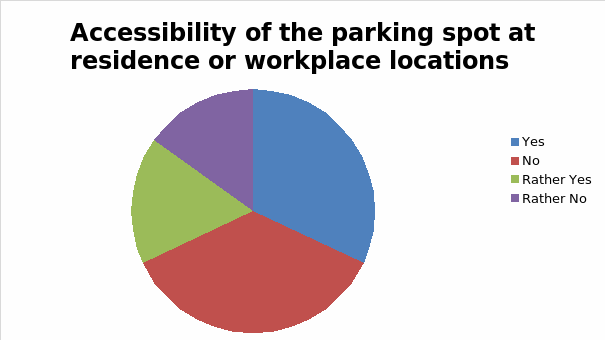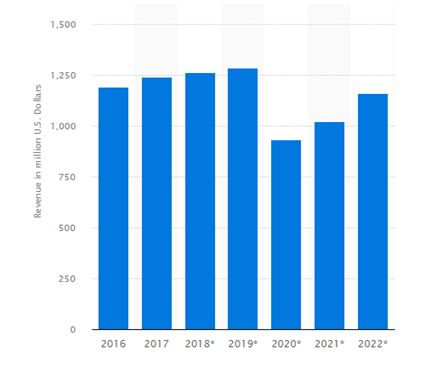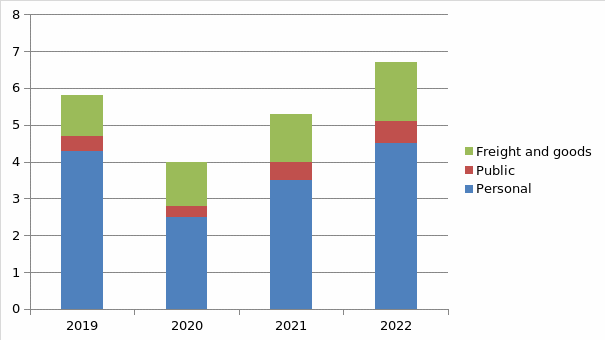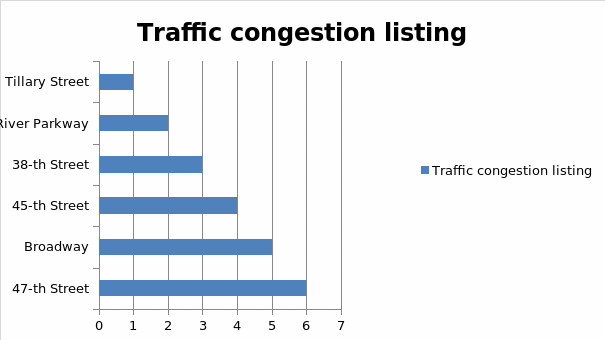Introduction
The main problem with the urban transportation system is its underdevelopment, the weak interest of private contractors in pareve transportation, and the weak orientation of schedules and rates of transportation. The key focus should be on the transportation system as a potential driver of the economy. Simplifying regulations, improving parking and routes, and reducing taxes for the transportation business have the potential to help improve the economic situation.
Urban Transportation System Failure
According to an average anonymous survey of residents or workers in urban areas across the country, nearly half of those are dissatisfied with this side of the transportation system. The general consensus is that many of those surveyed report a lack of adequate parking (Fig. 1; Parmar et al., 2020). Accordingly, one of the most important solutions in this area should include expanding parking capacity in urban areas by applying economic supply theory.

First Policy Option
According to supply theory, an increase in supply promotes economic growth. It is relevant in this situation since most private firms are not interested in offering such services due to the lack of special tax incentives and having to raise prices, which does not help the flow of customers. One solution would be to encourage construction companies to incorporate an additional one or two underground floors for parking into new building designs or renovations.
This solution is quite effective in relieving traffic and public satisfaction in some large cities. The chart shows a prominent example of the development of such a trend using the example of New York City and shows the revenues for such services from 2016-2022 (Fig. 2; Parisi, 2022). However, to increase the success of the practice, it is recommended to provide tax incentives to the owners of such parking lots and increase their number. Consequently, this strategy will be one of the most profitable and attractive for citizens, so it is worth attention.

Second Policy Option
Similarly, an expansion of the public transportation system could be proposed to improve the situation of the urban transportation system. However, extended routes and incompatible schedules are still a problem. In order to apply supply-side theory, we need to study demand in more detail and motivate citizens to use public transportation by, for example, significantly reducing fare prices. The lost profit will be compensated by unloading the system, and in the case of private carriers, it should be made up by the state. In addition, the benefits to the environment from the reduction in the number of vehicles will be most noticeable (Fig. 3; WHO, 2015). However, this idea is unrealizable due to the unpopularity of public transport among the population and its inconvenience.

Third Policy Option
Another economically advantageous solution could be to reform the traffic system. By introducing additional fees for the use of the busiest routes in the urban area, there is an opportunity for the state to benefit and unload the transportation system. An example of the congestion on streets that are proposed to be subject to a transportation tax, using New York City as an example, can be seen in the chart (Fig. 4; Meyer, 2021). In such a case, many people may prefer the subway or other public transportation for the sake of saving money, and thereby contribute to the improvement (Goetz, 2019). However, the main disadvantage and reason this innovation is not viable is the potential public opinion, which would be strongly negative.

Conclusion
According to the study’s results, the most advantageous policy option is expanding parking spaces in the underground spaces of the urban area and reducing their cost. If such actions are implemented in the future, it is worth paying attention to other theories, especially concerning public transportation. Adjusting public opinion will take time, but it is achievable in a long-term strategy and has the potential to improve the environmental situation and unload the system, which is also economically beneficial.
References
Goetz, A. R. (2019). Transport challenges in rapidly growing cities: is there a magic bullet?Transport Reviews, 39(6), 701–705. Web.
Meyer, D. (2021). NYC is now America’s most congested city. New York Post. Web.
Parisi, R. (2022). The future of parking is in New York — and it costs at least $300,000 per space. CNBC. Web.
Parmar, J., Das, P., & Dave, S. M. (2020). Study on demand and characteristics of parking system in urban areas: A review. Journal of Traffic and Transportation Engineering (English Edition), 7(1), 111–124. Web.
Transport and health. (2015). WHO. Web.